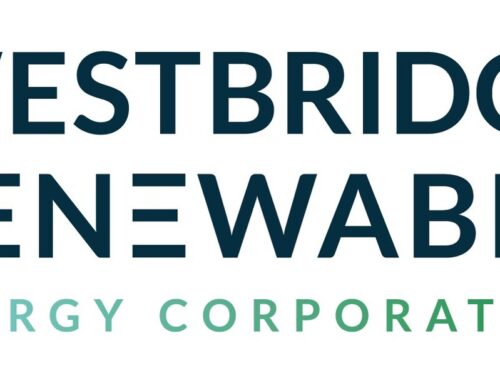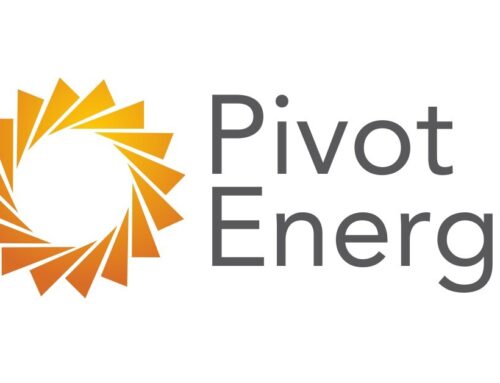Meta is using pirated books to train AI — including those by N.L. authors
April 7, 2025

Artificial intelligence can’t do the dishes or the laundry, but it can replicate the writing style of just about any writer, including those from Newfoundland and Labrador.
St. John’s author Trudy Morgan-Cole was far from flattered when she saw her name and seven of her recent book titles on a searchable database published by The Atlantic in March.
It meant she was one of the millions of authors whose work was scraped from Library Genesis, a pirating website, to train Meta’s AI language model.
Meta is the parent company of social media sites Facebook, Instagram and Threads.
“I was horrified,” Morgan-Cole told CBC News.
“It’s being done without the author’s permission,” she said. “Writers have been given no opportunity to say yes or no, and certainly no compensation.”
What can this AI model do?
Uses of artificial intelligence are rapidly growing by the day, and Morgan-Cole believes that it has legitimate uses in sectors like science and medicine. However, she draws the line when it comes to producing literature.
The historical fiction author said she thinks the goal of AI in the world of writing “is to train it to replace human writers.”
“I’m sure it’ll be a long time before we see a Governor General’s Award-winning novel written by an artificial intelligence,” said Morgan-Cole. “But things that human authors get paid for now, like writing articles, writing copy for websites… I think there’s going to be a big push to say, ‘let’s have that done by AI.'”
Morgan-Cole said the use of artificial intelligence to write takes away from human authors, replacing it with a “vastly inferior product.”
She’d like to see publishers and writers’ organizations step up to protect intellectual property.
What can we do?
John Degen, executive director of the Writers’ Union of Canada, says the organization is working on that.
Speaking from Toronto, Degen said “it’s deeply offensive to most authors” to have their work used to train AI to write — and the Library Genesis database is far-reaching.
“The last book I published was 20 years ago, and that book is in there,” he said. “So if I’m in there, just about any Canadian author working today is in there.”
The Writers’ Union of Canada is pressing governments to put regulations in place so that companies like Meta have to seek permission and offer payment to writers in order to use their intellectual property.

He added that writers are also free to take matters into their own hands.
“You can contact Meta directly and tell them that you do not give permission for this use. You can contact Library Genesis and ask them to take this stuff down,” Degen said.
“Do I have confidence that that’s going to do anything? I don’t, really, because we’ve been dealing with this kind of illicit use from the tech sector for about 20 years now.”
That’s why Degen wants leaders to take action and take artificial intelligence’s power seriously — to give authors and other artists more agency over their content.
CBC asked for an interview with a representative from Meta.
In an emailed statement, the company said “we respect third-party intellectual property rights and believe our use of information to train AI models is consistent with existing law.”
Download our free CBC News app to sign up for push alerts for CBC Newfoundland and Labrador. Click here to visit our landing page.
Search
RECENT PRESS RELEASES
Related Post




